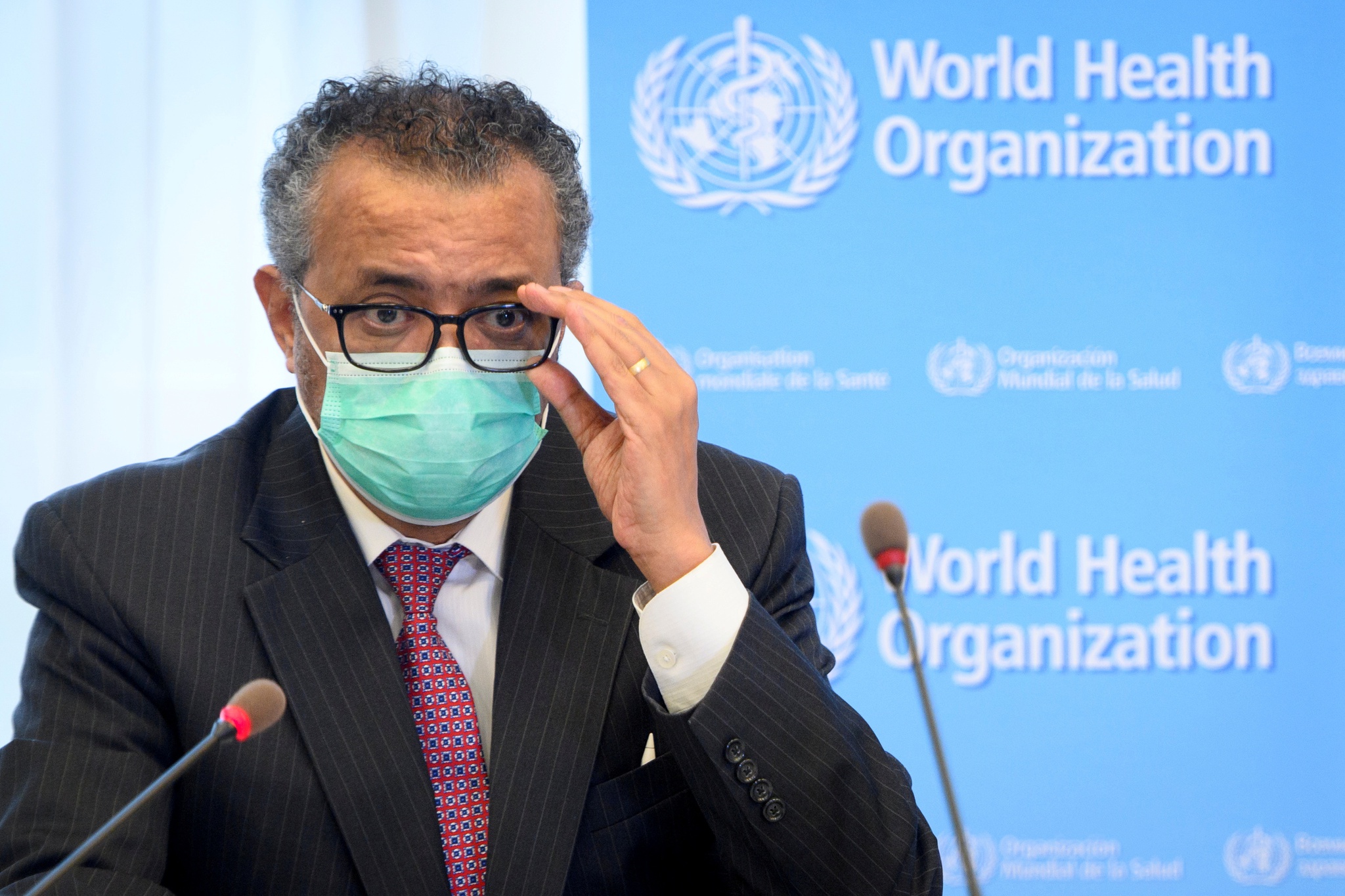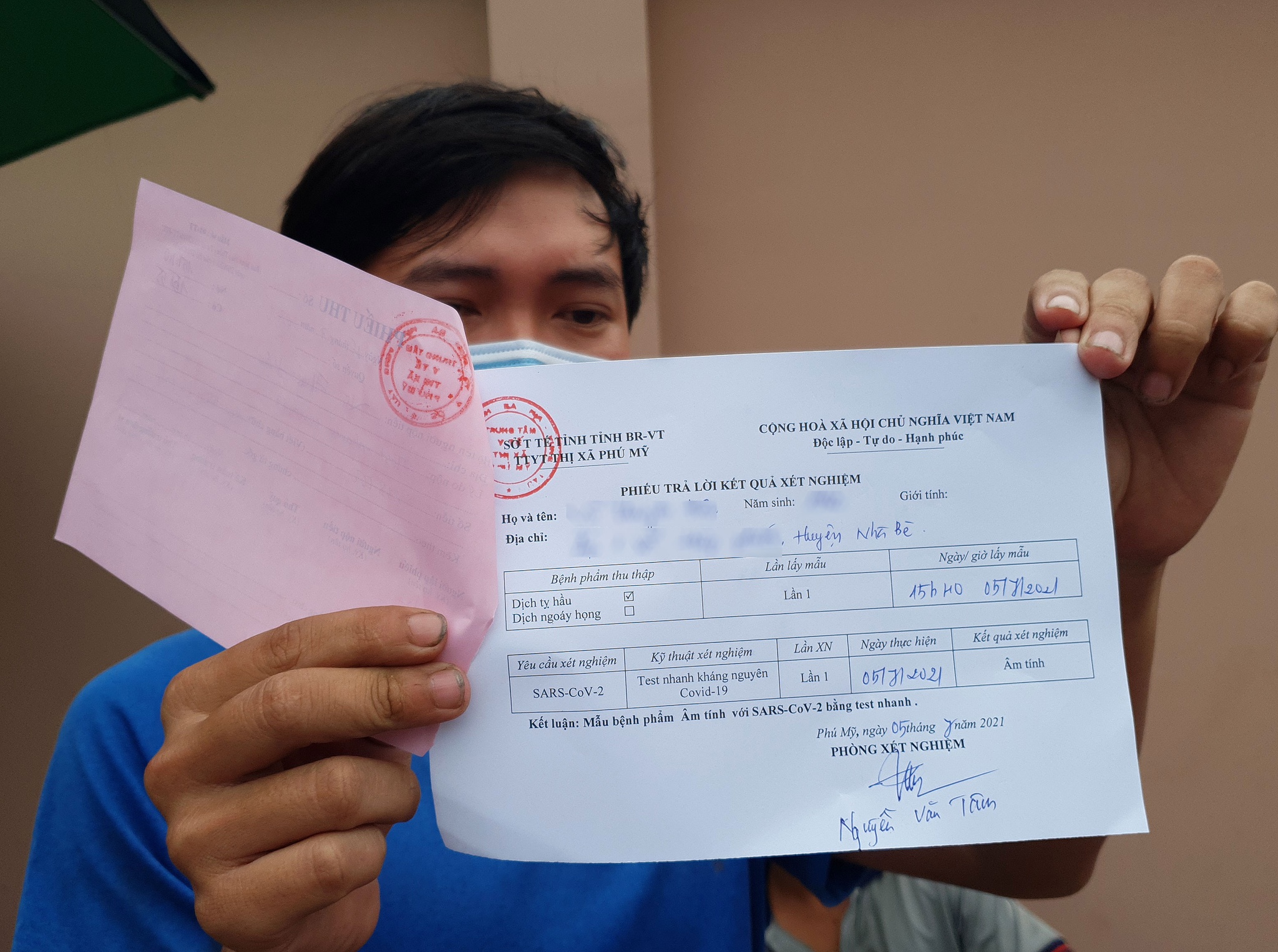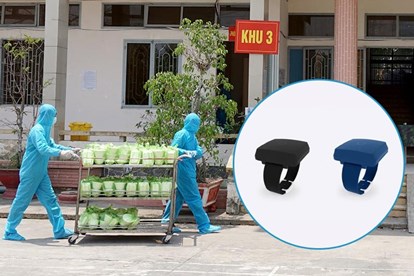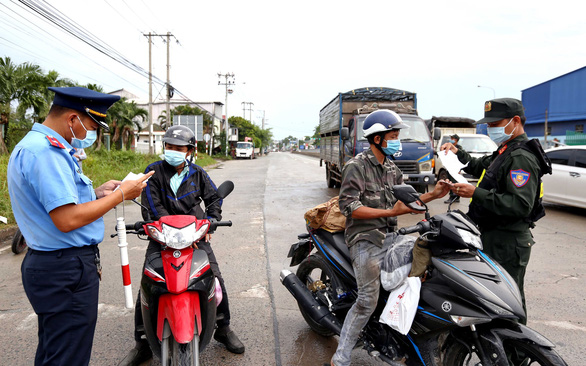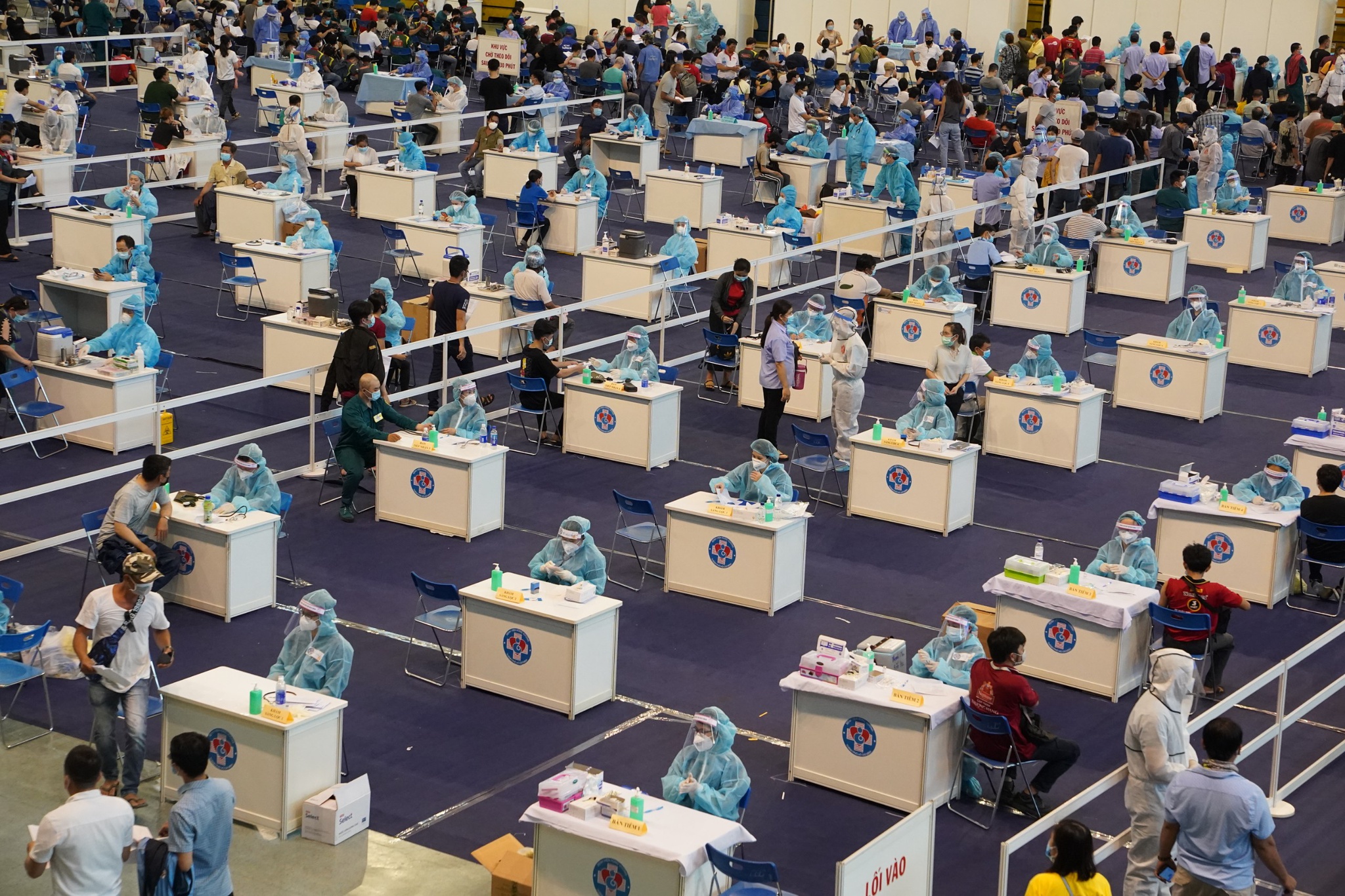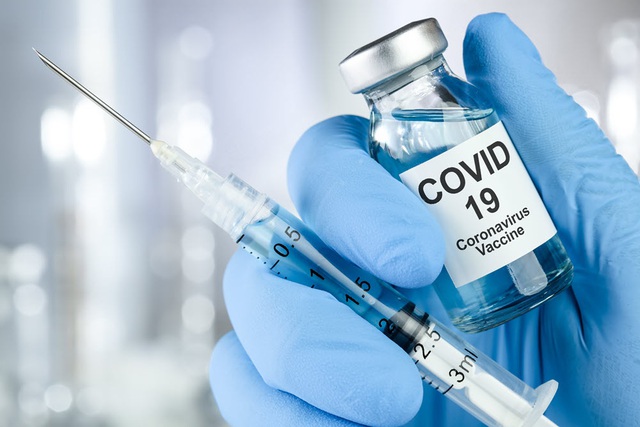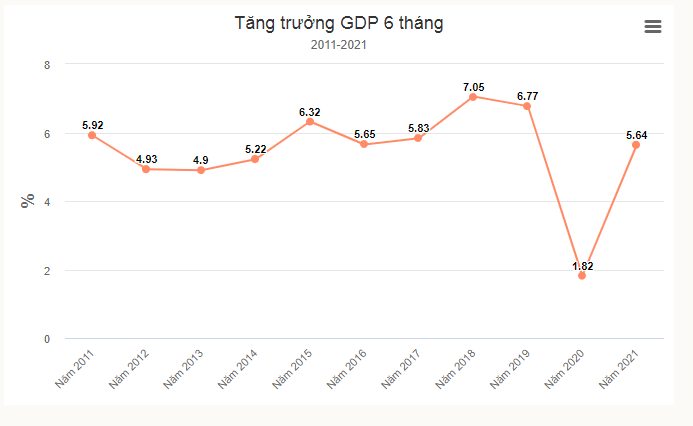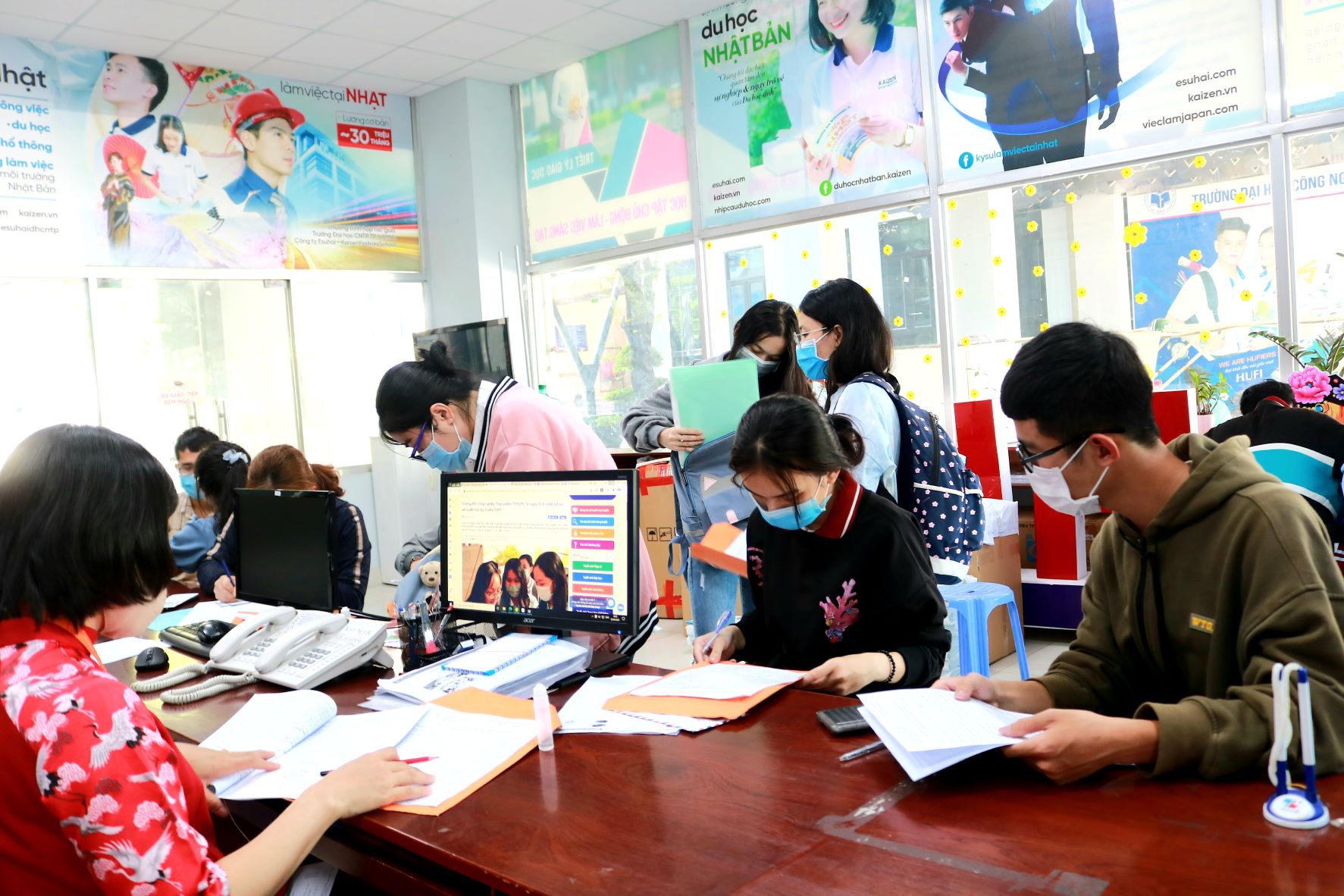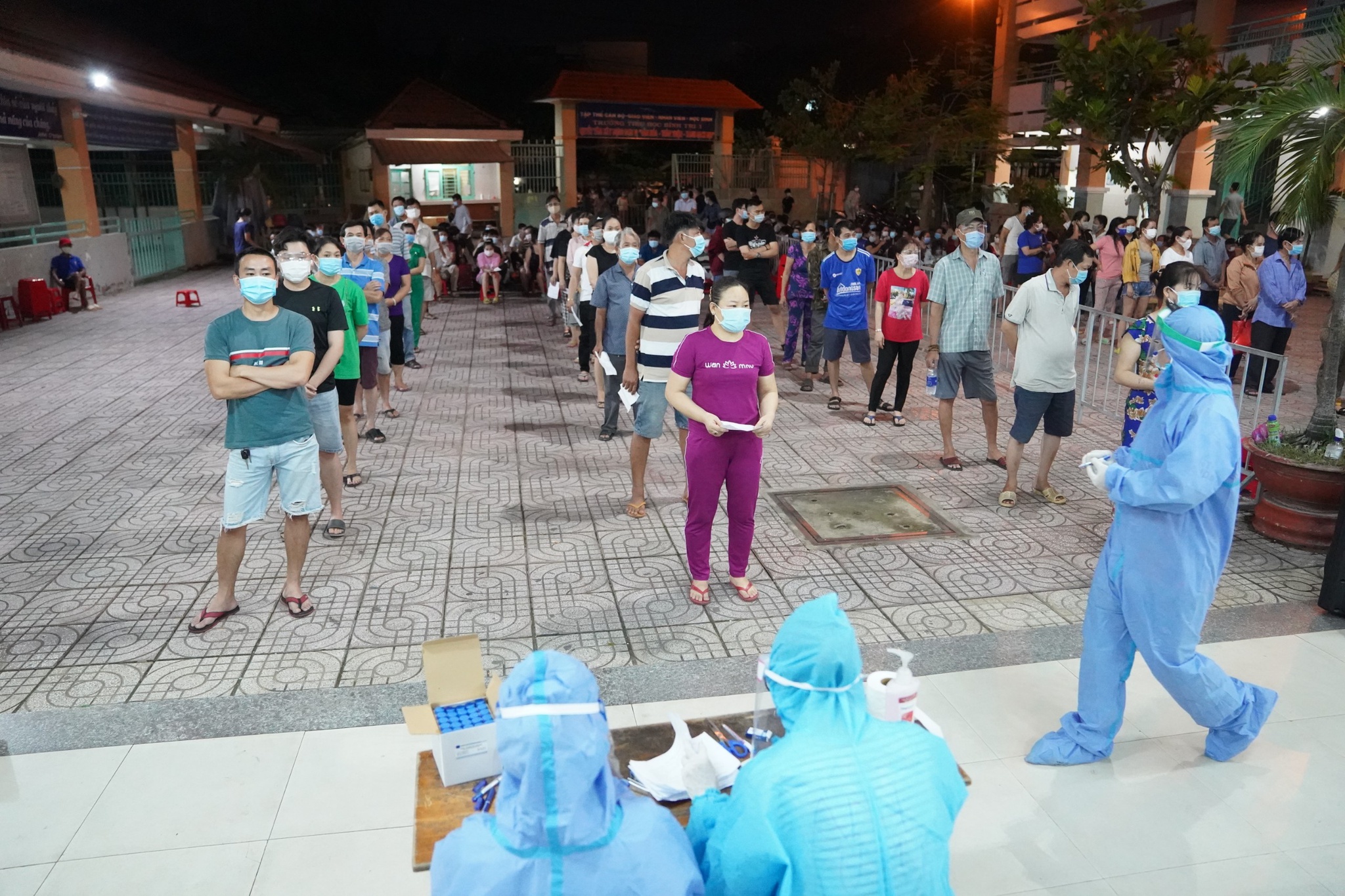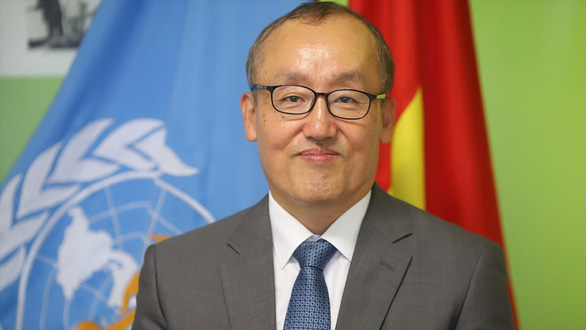THÔNG TIN SƯU TẦM

US unveils plan to provide free coronavirus vaccine to 'every American'
Thibault Savary/Getty Images
While the US waits for one or more COVID-19 vaccines to win approval from the Food and Drug Administration, the federal government released an outline Wednesday detailing how it intends to make those drugs available so that "every American who wants to receive a COVID-19 vaccine can receive one."
The joint report to Congress (PDF) from the Department of Health and Human Services and Department of Defense indicates that vaccines will be administered "with the goal of no upfront costs to providers and no out-of-pocket cost to the vaccine recipient," meaning vaccines should be available free of charge for anyone who wants one.
The outline lays out a strategy for identifying "priority populations" during the early stages, when vaccine supplies may be constrained, then gradually ramping up until the vaccine is widely available. This process is expected to begin in January 2021 with about 100 million doses of vaccine.
A companion document from the Centers for Disease Control and Prevention acknowledges that "limited COVID-19 vaccine doses may be available by early November 2020 if a COVID-19 vaccine is authorized or licensed by FDA by that time, but COVID-19 vaccine supply may increase substantially in 2021."
The coronavirus pandemic has hit particularly hard in the US, which represents 4% of the world's population but 25% of its coronavirus cases and where the death toll is set to top 200,000 any day now. The top US infectious disease expert, Dr. Anthony Fauci, said recently that the US is the hardest-hit country in the world, in part because it failed to lockdown completely, with many people continuing to travel, shop and do other activities that most people in other countries stopped doing.
Currently, there are seven vaccine candidates being tested in the US, three of which are nearing the final stages needed for FDA approval. Worldwide, there are at least 50 vaccines currently in human trials and dozens more being developed. Fauci said recently that, even if a vaccine or vaccines become available before the end of 2020, it still may take until the end of 2021 before the world can return to a state of normal that "resembles where we were prior to COVID."
In a recent Associated Press poll, one in five Americans said they would refuse a coronavirus vaccine, while almost a third of respondents said they were unsure about getting one. Only about half of those polled said they would get a vaccine if one were to be approved, which could complicate the government's efforts.
Source: cnet.com
Collected by My Nguyen
Tổng giám đốc WHO: Chưa thể loại trừ khả năng Covid-19 rò rỉ...
Người đứng đầu Tổ chức Y tế Thế giới (WHO) ngày 15.7 cho biết vẫn còn quá...
Một tuần đi qua
Vậy là đã qua được một tuần cách ly toàn TP.HCM theo chỉ thị 16
Khổ vì giấy xét nghiệm Covid-19
Ngày 5.7, tại cuộc họp trực tuyến của Ban Chỉ đạo quốc gia phòng, chống...
TP.HCM đề xuất giám sát người cách ly tại nhà bằng thiết bị...
Sở Thông tin và truyền thông TP.HCM vừa có văn bản đề xuất UBND TP.HCM về...
Không 'đóng cửa' nhưng sẽ kiểm soát chặt chẽ người ra vào...
TP.HCM không đóng cửa hay phong tỏa nhưng sẽ kiểm soát chặt chẽ người ra vào...
TP.HCM: Chiến dịch tiêm 836.000 liều vắc xin Covid-19 kết thúc hôm...
Tính đến hết ngày 29.6, TP.HCM đã tiêm trên 805.000 liều vắc xin Covid-19 trong...
Tại sao 'gánh' dịch, kinh tế vẫn tăng trưởng gấp ba cùng kỳ
Con số GDP 6 tháng tăng 5,64% khiến giới phân tích bất ngờ bởi 2 quý vừa qua,...
Đề nghị Astra Zeneca chuyển cho Việt Nam 10 triệu liều vaccine
Lãnh đạo Chính phủ đề nghị Công ty AstraZeneca tạo mọi điều kiện thuận...
Dịch Covid-19 lan mạnh: Không thi mà xét tốt nghiệp, trường ĐH...
Trước những mong muốn của thí sinh, phụ huynh tổ chức xét tốt nghiệp thay vì...
Dịch vẫn lan nhanh, TP.HCM cần thêm 'thuốc mới'?
Số ca nhiễm tại TP.HCM vẫn tăng lên, ở mức 3 con số mỗi ngày, dù đa số ở...
Trưởng đại diện WHO tại Việt Nam: Người dân TP.HCM hãy tuân...
Theo TS Kidong Park, vai trò của vắc xin trong việc kiểm soát ổ dịch cấp tính còn...
344567942350826358571066.jpg&w=1400&h=520)
522608805487.jpg&w=1400&h=520)
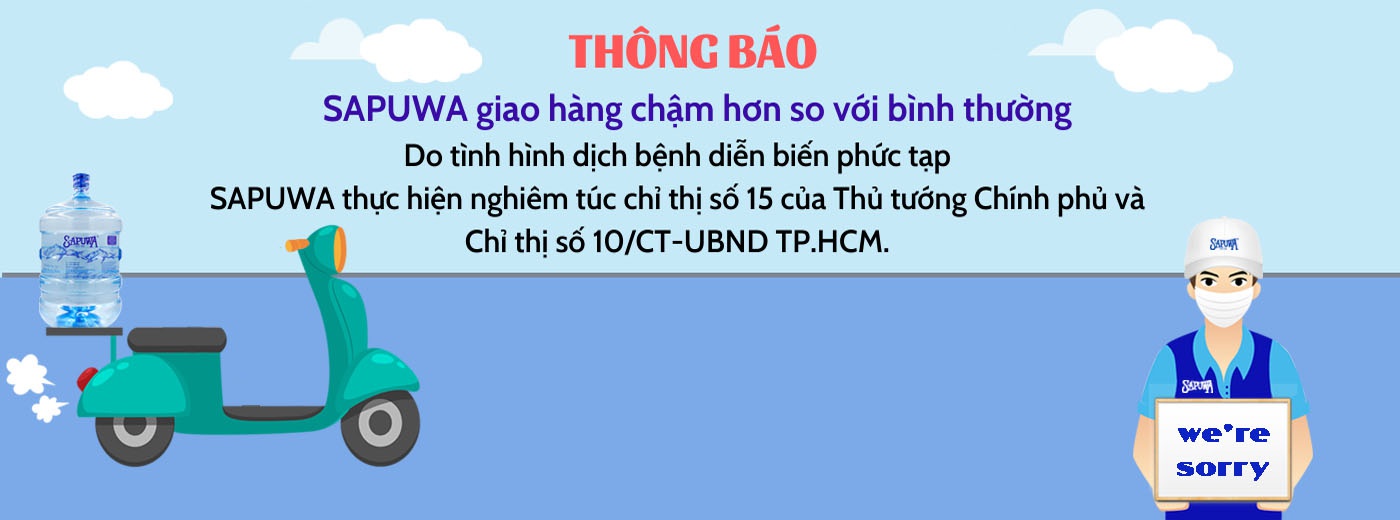

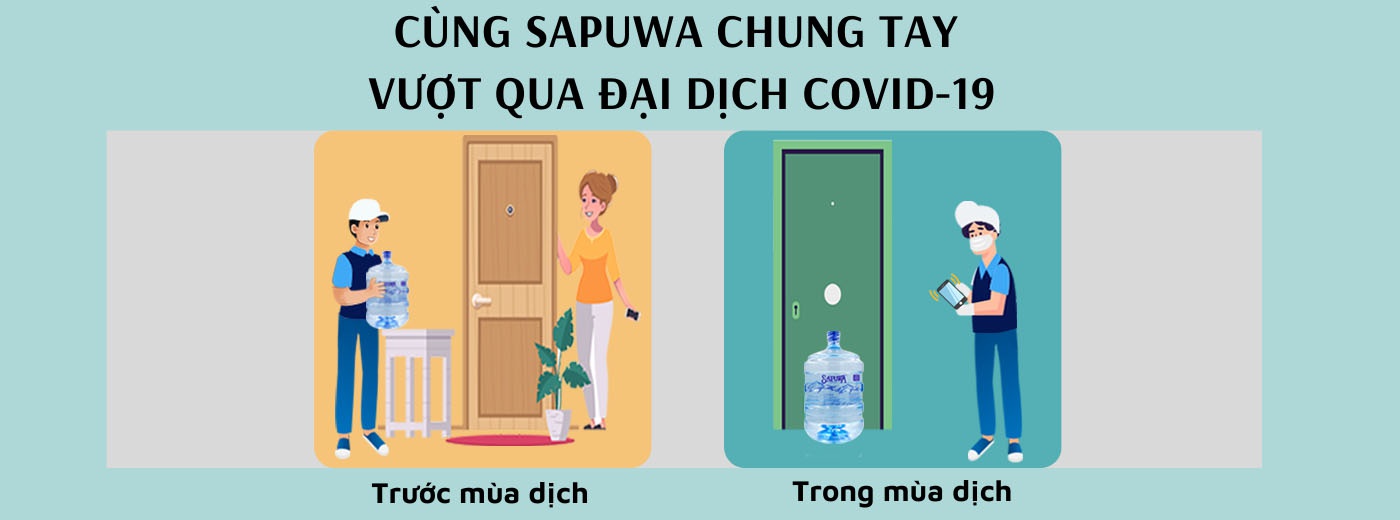

.PNG)
